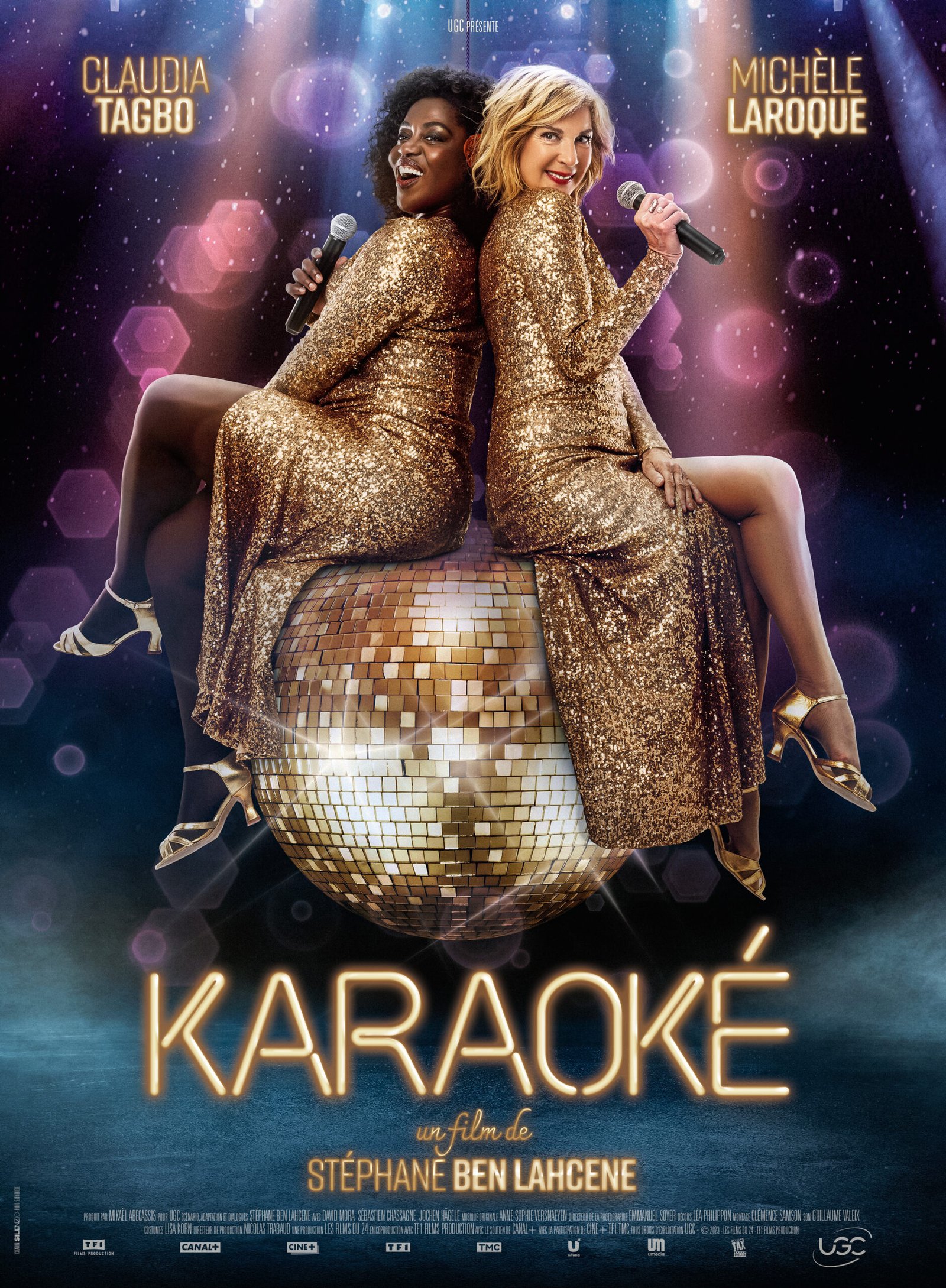Some months ago, in my review of My Daughter I expressed my desire to explore the Malaysian New Wave a time in Malaysian cinema when young filmmakers chose subversive and introspective films over technical quality. To elaborate on that, my interest in the New Wave was just one part of a wider curiosity about indie film in Malaysia: a neglected sub-genre of world cinema. That’s how I came across Karaoke by Chris Chong Chan Fui; it had a promising trailer with engaging cinematography and a synopsis that seemed like it would be an introspective story. But nothing beats seeing the film itself so when the Asian Film Archive included it in their January Off-the-Catalogue line-up, I knew I had to see it because this may well be my only chance.
Karaoke is about Betik (played by Zahiril Adzim) a young adult who returns to his rural kampung from Kuala Lumpur jobless and spends his days working at his mother’s karaoke bar much to her annoyance as he seems to bask in nostalgic satisfaction trying, and failing, to regain comfort by shooting karaoke videos for people. Potentially because he falls into romance. Meanwhile as he wants things ‘to be as they were’ Malaysia’s industrial landscape moves forward resulting in familiarity vs progress.
Karaoke is immediately respectful. Reflecting on comfort lost during societal & industrial modernisation has been done before but never have I seen a Malaysian film do it so intimately nor with such earnest artistic effort put forth. Also being from Malaysia myself and having grown up in what you might call ‘the sticks’, those never-ending palm trees and run-down buildings that get shown on big screen every now & then hit me hard every single time. The film looks good too; technically better than most of its peers from the Malaysian New Wave thanks to picture quality alone but also through its long takes & still frames which conveys some sense of being alone. Not much happens in Karaoke and that’s the point, because Betik is fighting with everyone about his want for recognisable stability. There’s a frustrating (and therefore all too relatable) yearning at work here and the film is best when it can focus on those characters and their conflicting emotions.
Regrettably, Karaoke aims high but mostly falls short. It vacillates between being slow and fast, which are the two extremes of every motion picture. The problem is that these works are built on still images which fail to connect with viewers. This may result from the monotonous pacing during editing where it becomes aimless instead of thought-provoking; or perhaps Betik lacks any other personality traits besides battling himself internally. Although the character’s inner conflict serves as a basis for this movie, such factors like making him likable do not exist thus we can see Betik more of an instrument through whom ideas are communicated by Chong.
If he had directed another feature-length film after “Karoke”, it could be interesting to observe what would have become of Chong as a filmmaker. While I may not be able to term ‘Karaoke’ good per se, there is still some decent cinematography involved in its shooting and framing; also enough thematic richness coupled with technical sophistication behind it makes me believe that he might have been able to delve into these thoughts about malaysia’s transformation more carefully through subsequent films
For More Movies Visit Putlocker.

